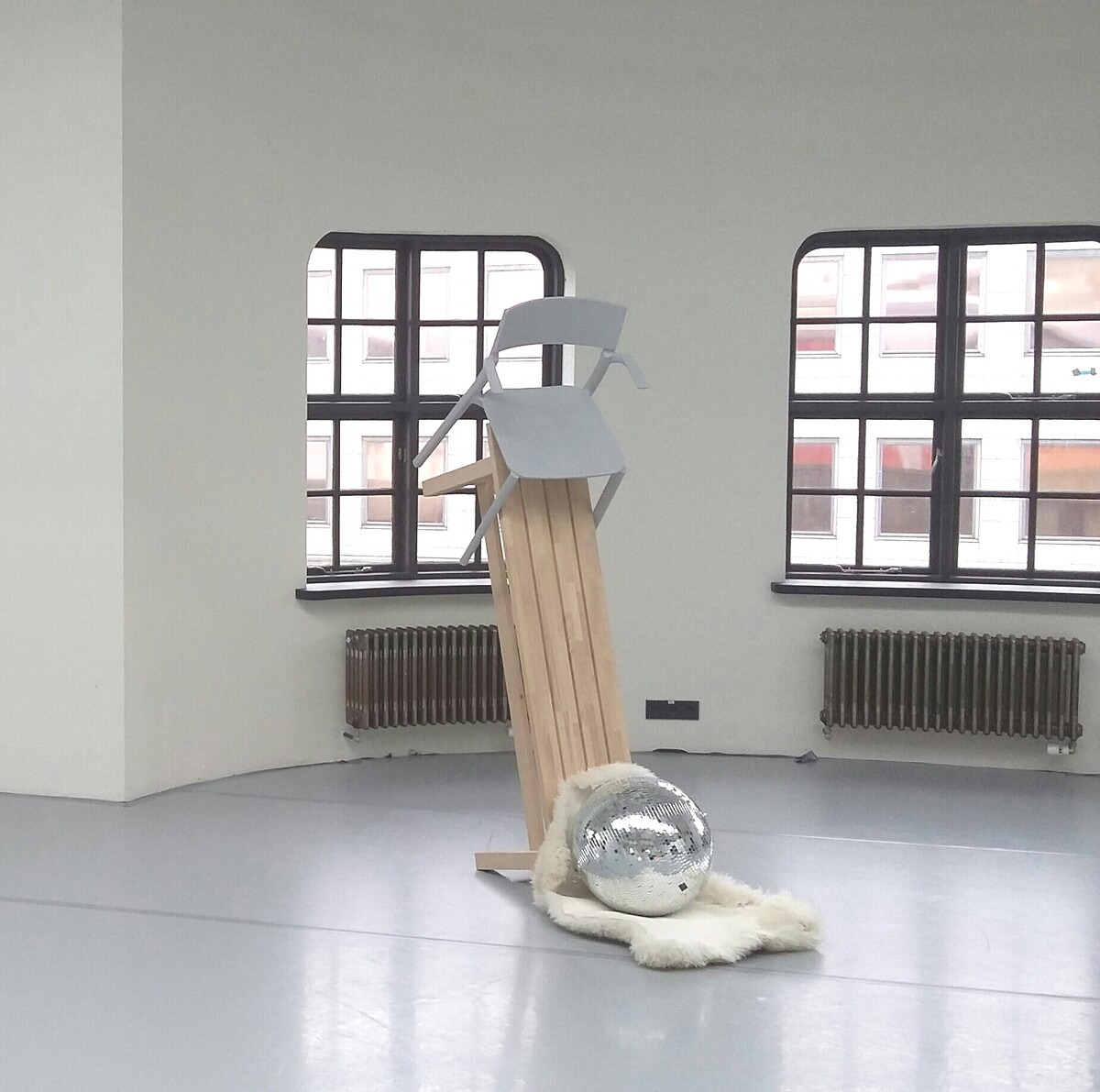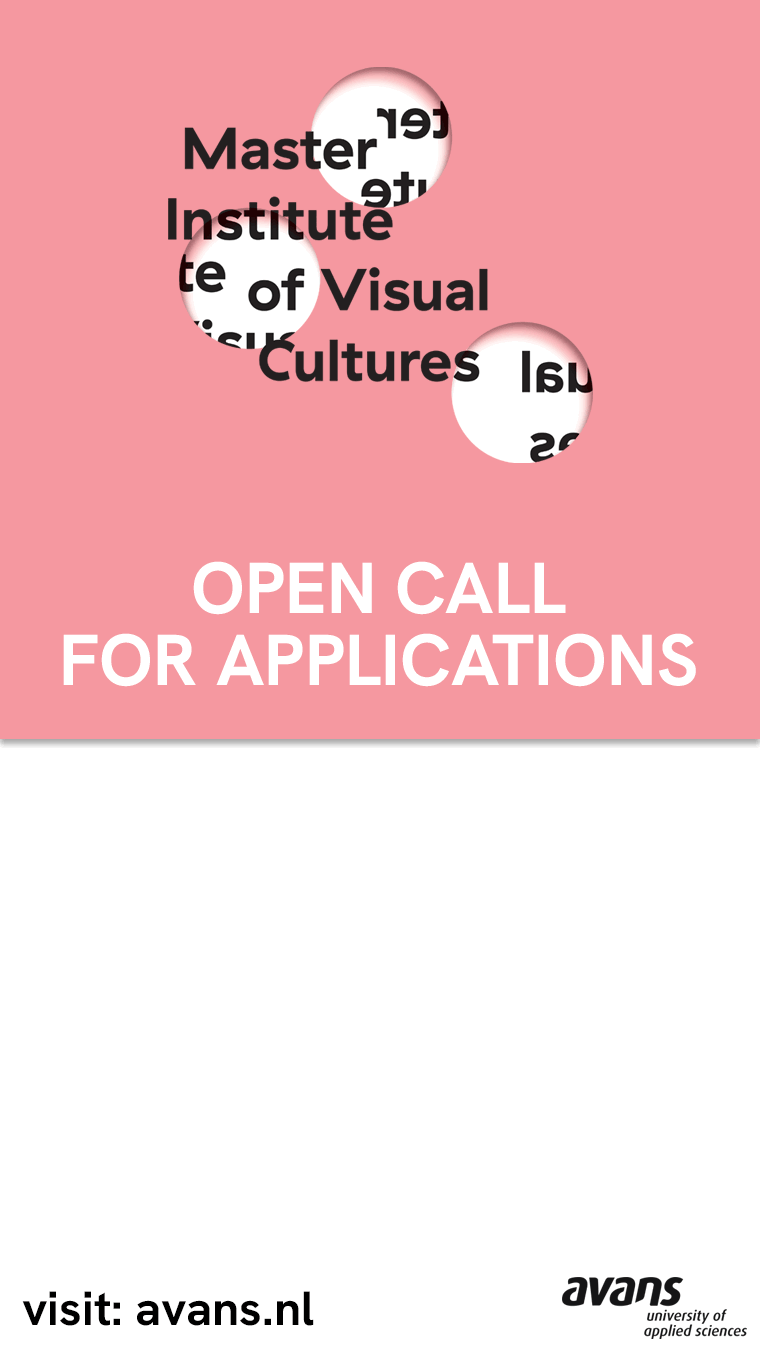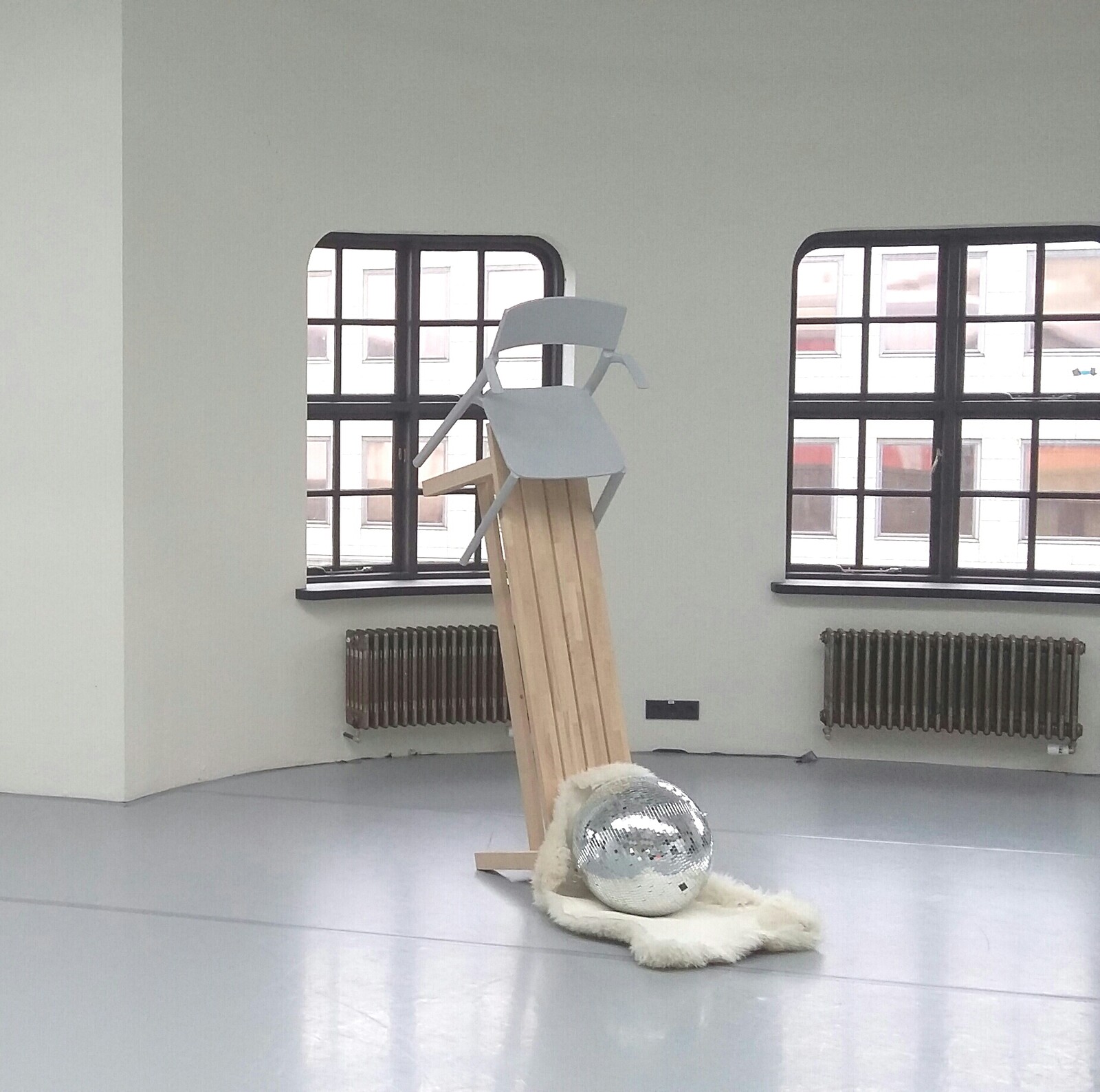Application deadline: April 30, 2018
Listaháskóli Íslands
Thverholt 11
101 Reykjavík
Iceland
lhi@lhi.is
This 12-month Master programme is a question-led study that supports performance-related artists and art professionals to experiment and develop as practitioners and researchers through rigorous mentoring, extensive workshops and encounters with leading artists, thinkers and curators from around the world—as well as intensive peer-to-peer exchange.
Over three semesters, artists enter into an environment geared towards extending and deepening their own practice—as well as their capacity for generating discourse around that practice.
The Master programme takes each enrolled artist’s practice as the starting point for the study, and as such it is expected that each studying artist enters the course with a performance-related project that they wish to develop and realise throughout the 12 months. This project should be specific to their interests, questions and concerns as an artist—and draw upon their pre-existing artistic practice.
The course organises around guest artists, curators, thinkers and arts organisations from around the world that approach performance, choreography, theatre and dance as an expanded field of practice capable of producing experimental intersections between art and other fields of knowledge and practice—such as activism, social practices, fields of science and philosophy.
“The programme offered me encounters and friction with different minds and matters, challenges and openings, through which I had to confront my own practice, my methods, desires and reasons for making work.”
—Saga Sigurðardóttir, former studying artist on the programme.
What do studying artists work on?
A question-led study that strives towards strengthening your sense of the questions, goals and objectives that operate at the heart of your artistic practice.
Seminars and workshops that strengthen your capacity for conceptual developments, dramaturgical thinking, research planning and mapping—as well as artistic decision making.
Seminars, reading groups and workshops that strengthen your capacity for contextualising your artistic practice and research, as well as strengthen your attitude towards the kinds of conversations you want to be having in relation to your work. A heightened sense of how you want to facilitate those conversations—via which formats.
An expanded toolbox of artistic methods and approaches—with space, time and support to exercise them in relation to your questions and concerns as an artist.
A sustainable vision for how you want to continue with your artistic practice post-graduation.
Experimental processes that support and instigate interaction and exchange between artistic practice and other fields of activity and knowledge.
Special attention paid to the intersection between social and political activist strategies and art making; focus given to art that is not only critical of the realities it is entangled with, but capable of resisting or transforming them.
Exposure to some of the world’s leading artists, thinkers and curators—and space and time to work and reflect with them. Artists from the performing arts, but also music, design and visual arts.
Who we work with
Over the last two cycles we have worked with Ant Hampton (UK/Belgium), Philippe Quesne (France), Satu Herrala (Finland), Erik Deluca (US), Christophe Meierhans (Belgium), Egill Sæbjörnsson (Iceland), Tania Bruguera (Cuba), Brokentalkers (Ireland), Werner Herzog (Germany), contact Gonzo (Japan), Agnes Quackels (Belgium), Gerald Kurdian (France), Blast Theory (UK), Ólafur Ólafsson (Iceland), Libia Castro (Spain), Choy Ka Fai (Singapore), Franko B (Italy), Erna Ómarsdóttir (Iceland), Valdimar Johannsson (Iceland), Marisa Olson (US), Antonia Alampi (Italy), Iliana Fokianaki (Greece), Holly Herndon (US), Boyle and Shaw (UK), Adam Gibbons (UK), Per Ananiassen (Norway), Steinunn Ketilsdóttir (Iceland), Yana Ross (Russia), Rosie Heinrich (UK/Netherlands), Sodja Lotker (Czech Republic), Dana Michel (US), Mette Edvardsen (Norway), Matteo Fargion (Italy/UK), Elina Pirinen (Finland), Benedict Andrews (Australia), Ásgerður G. Gunnarsdóttir (Iceland), Steinunn Knútsdóttir (Iceland), Kviss Búmm Bang (Iceland), Eva Rún Snorradóttir (Iceland), Ragnheiður Gestsdóttir (Iceland), Ragnheiður Skúladóttir (Iceland), Alexander Roberts (UK/Iceland), Lauren Barri Holstein (UK), Berglind Tómasdóttir (Iceland), Aaron Wright (UK), Manolis Tsipos (Greece), Margrét Norðdahl (Iceland), Mammalian Diving Reflex (Canada), Mark Storor (UK), among others.
How about Iceland?
With a population of just 320,000 people—it’s small. But it’s precisely this smallness that makes for a culture in which nobody is out of reach—not the president, not that expert in sea life your project needs you to speak to, not that person running a printshop you want to collaborate with, nor that Icelandic choir crying out to be involved in your next work. And this makes for a uniquely collaborative and hyper-local environment for making art.
At the same time, given that Iceland is geographically (and some might argue culturally) sandwiched between N.America and Europe, the capital is also immensely cosmopolitan. With Reykjavík long since acting as a rich meeting point and juncture for artists and thinkers traveling between these two continents.
Furthermore—due to its location at the edge of the Arctic circle—Iceland is an area of increasing geo-political significance. As the ice-caps melt and the Arctic canal opens up, Iceland becomes increasingly central in the negotiations for how this fast changing environment is dealt with. This cannot be ignored.
Collaboration
We work with many partners in the city, from Every Body’s Spectacular – International Performance Festival, to LÓKAL International Theatre Festival, Reykjavík Dance Festival, The Independent Theatre of Reykjavík, The Reykjavík City Theatre, The National Theatre of Iceland, The Iceland Dance Company, and Cycle Arts and Music Festival.
The programme also places a great emphasis on interdisciplinarity and as such students will find plenty of opportunity to work across other departments in the school (design, visual arts, music, and arts education).
Is this something for you?
If you have the feeling that this could be the course for you, apply now, or at the very least be in touch with the Programme Director Alexander Roberts (alexanderroberts [at] lhi.is).



